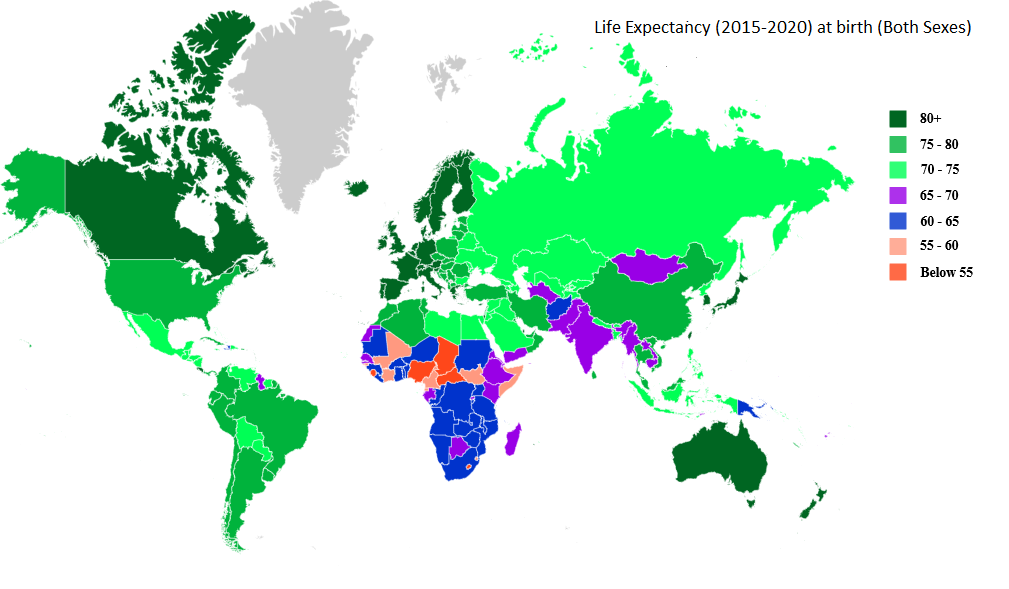28 May 2020
As an investor, you want your money to grow for you and your family’s future. But it can sometimes be difficult to have confidence in your investment. Therefore, making decisions can be difficult when you don’t have the time to master the financial markets by yourself.
Instead, a fund can help take some of the pressure off investors. In turn, providing them with a diversified portfolio that’s built and managed by a team of experts.

What is an investment fund?
A fund is an investment vehicle that allows you to pool your money together with other investors. In order to invest in a range of different assets. The fund will aim to grow in value or provide you with a regular income.
It’s not up to individual investors to decide the fund’s strategy, set out the asset allocation or pick the investments. This responsibility falls to the fund manager. By investing in a fund, investors hope to get access to a diverse range of assets, greater investment expertise. As a result, offering lower trading fees than if they did it alone.
Diversification is a way of managing risk in your investment portfolio. By spreading your money across investments, asset classes and geographies, you hope to offset any losses with gains made elsewhere.
Funds have different strategies and objectives. Whether it’s to provide income or increase the value of your money invested. For instance, if you want to invest in a passive or active fund, or focus on a specific investment, sector, country or asset class.

Different types of funds
Funds have been around for many years and have evolved into many different guises. Today, different types of investment funds include exchange traded funds, mutual funds, and hedge funds.
A mutual fund is an open-end fund, which means it has no limit to how many people can invest in it. When investors add money to the fund, new shares are created; when investors withdraw their money, shares are retired.
Closed-end funds act more like shares on the stock market, with a fixed number of units that can be traded. These funds, like investment trusts, are mostly actively-managed and the shares can be traded in seconds. This means they offer more flexibility and transparency than mutual funds.

Active vs Passive
When it comes to investing in funds, the active versus passive debate takes centre-fold.
By making an investment, your capital is at risk.
It’s important to understand exactly what you want from your investment to make sure it matches what you’re investing in – otherwise this can really impact your returns.
Investors who want to outperform the general market will put their money in an actively managed fund. The fund manager’s team will analyse the markets for you and invest in the assets it thinks will help the fund grow in value.
This comes at a price, however, and the management fees often associated with actively managed funds can eat into investor returns.
Passive investments are an alternative to actively traded funds. These funds aim to track and replicate the returns of an index, specific commodity bond, or basket of assets.
Passive investments still offer diverse expose to a range of assets, but because they aim to replicate the returns of a market and take little fund managment, they generally have cheaper management fees.

What is an ETF?
With the industry feeling the heat from margin pressures, increased regulation and competition, passive investments like exchange traded funds (ETFs) have surged in popularity. Global ETF assets had reached $5.66 trillion (£4.33 trillion) by the end of August, numbers from the industry data provider ETFGI show.
ETFs are a low-cost, simple and transparent alternative to actively managed funds. They are similar to a closed-end fund, but are passive investments, can create and redeem shares, offer more transparency, generally don’t use leverage – unless specified – and are lower-cost.

The right investment for you
Finding the right fund for you takes time, experience, knowledge and skill. To make sure you’re on the right track to reach your financial goals, your investments need to reflect your investor profile and attitude to risk.
It’s not easy to understand your investor profile, either – it depends on what you’re investing for, your time horizon, attitude to risk and financial history. There are funds out there designed to help you reach your goals, you just need to find them.
At Winson Capital we match you to an investor profile and investment portfolio. This investment portfolio is specifically built and managed in line with your investor profile to help you get one step closer to your financial goals.
MATCH WITH A PORTFOLIO AND START INVESTING TODAY
Simple, efficient and low cost, Winson Capital helps you protect and grow your money over time.
Sign up with Winson Capital today to match with an investment portfolio that’s built and managed to help you achieve your financial goals.
Make your money work harder for you, without breaking a sweat.
Get started
[Sassy_Social_Share title=”Share”]
TALK TO A WINSON CAPITAL FINANCIAL CONSULTANT
Error: Invalid action URL is detected.








